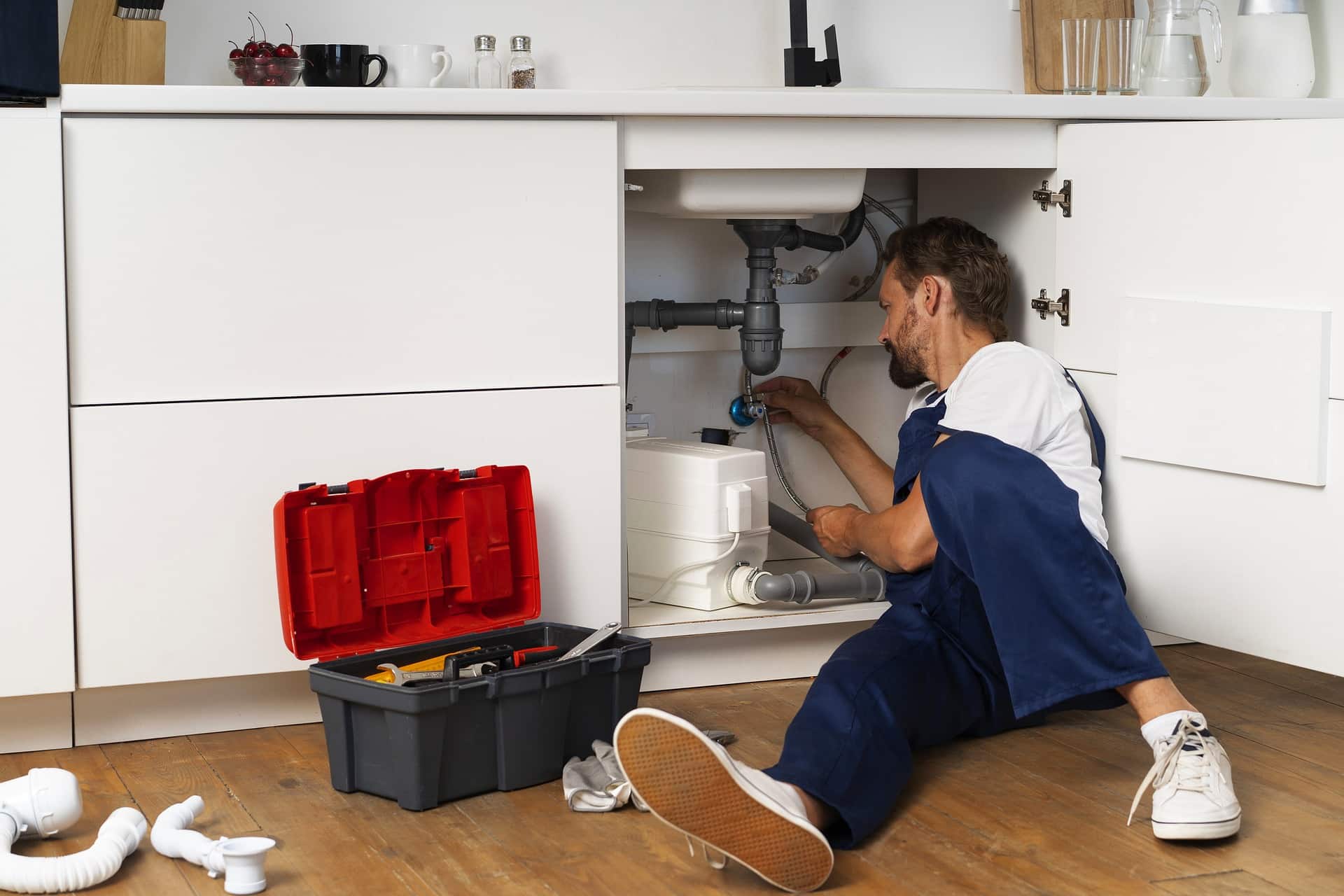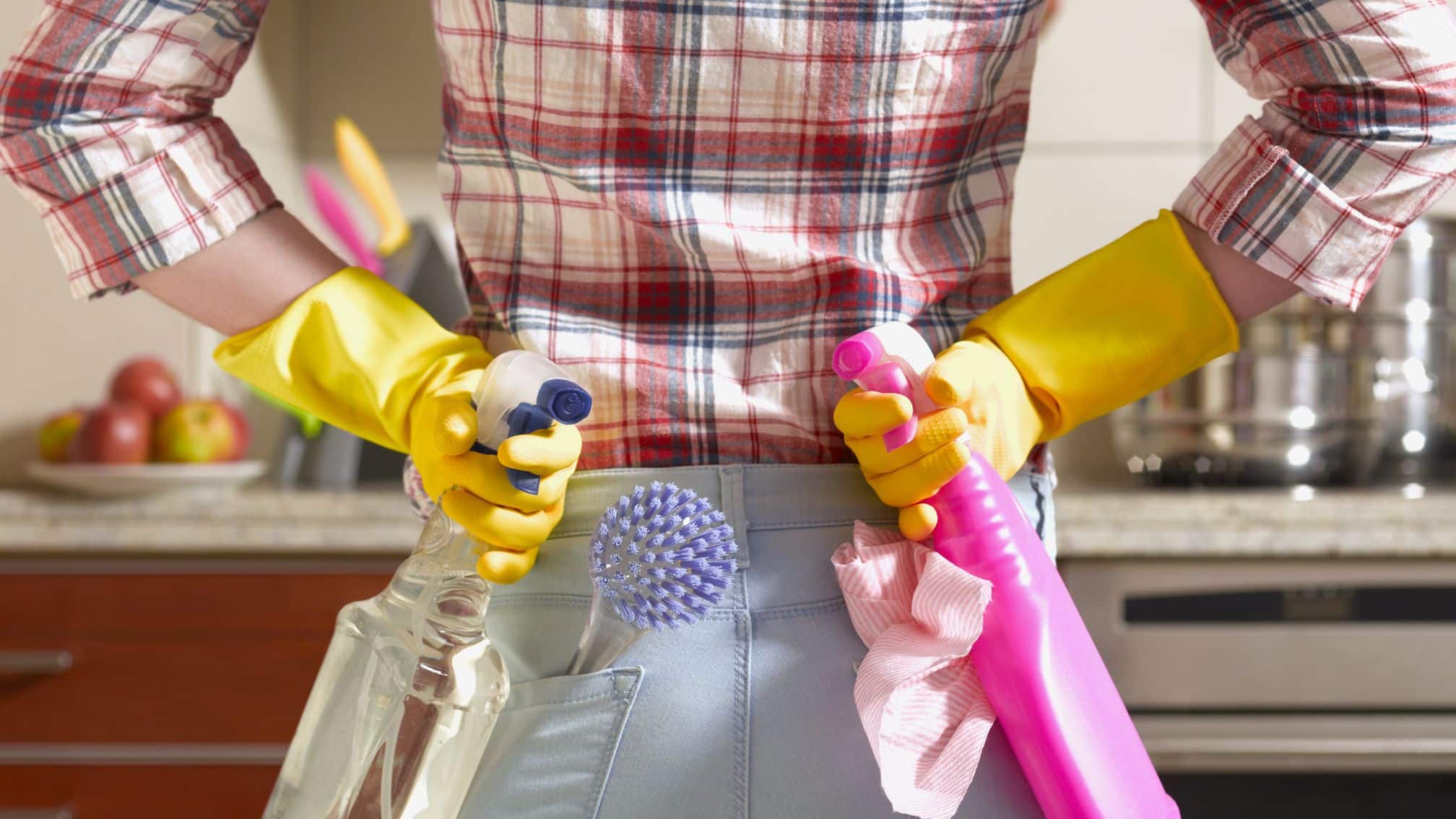Plumbing Inspection for Home Purchase: What You Must Check
The responsibilities of buying a home include inspecting the plumbing before closing. Inspections should be thorough, comprehensive, and objective. Since plumbing is one of the most vital components of a home’s functionality, problems with the plumbing are equivalent to problems with the home as a whole. Thus, inspections are best done right the first time.
Contracting a professional plumber to conduct the inspection is a standard practice because it works. Licensed, certified, and qualified plumbers like Coastal Commercial Services can conduct your home’s inspection, ensuring that it’s been maintained to an acceptable level, or letting you know what needs to be done to get things up to speed.
Arranging a Plumbing Inspection for a Home Purchase
Appointments for pre-purchase inspections are important. Peak seasons for plumbers are winter, holidays, and spring. When quality plumbers are most in demand, waiting times for services can range from a couple of days to several weeks. So if the inspection uncovers work that needs to be done, it could be another several weeks before they can return to the site.
To avoid getting caught in a service backlog, call to schedule an appointment as early as possible. This will give you time to prepare for your inspection, meaning you can ensure that the site is safe, giving you time to note some of the more obvious issues for yourself, and allowing you to receive multiple quotes in a low-stress fashion.
Key Areas to Inspect
Conducting plumbing inspections must be done with specific, key areas in mind. This measure is designed to keep the inspection efficient and focuses on the integrity and functionality of the home’s plumbing system. Areas and the details of their focus include:
- Supply system- The water supply system is generally checked for the quality of its pressure, leaks in pipes and faucets, and the overall state of the pipes.
- Sewers and drainage- Sewer and drainage systems are checked for blockages and proper drainage. The sewer line heading away from the house is also inspected to ensure backups are unlikely.
- Water heaters- The water heaters are checked for age and signs of wear and tear, output, and efficiency.
- Fixtures and faucets- The functionality and condition of sinks, showers, and bathtubs are checked. This includes toilet components.
- Outdoor systems- Outdoor faucets and irrigation systems are checked. The main water line, gutters, and downspouts are included.
Hiring a Professional vs. DIY Inspection
Choosing between hiring a professional plumber or conducting a DIY inspection requires thoughtful consideration. While those on a budget may feel a sense of relief from taking on the tasks of getting the home up to code for a coming inspection, they are much more likely to make mistakes. Additionally, the stress of a DIY inspection can be immense, to say the least.
A professional plumber’s inspection comes with the benefits of their years of experience and professional proficiency. They’ll often have all of the inside knowledge of what’s required to pass the inspection, as well as how to conduct it safely and efficiently. These advantages and others are known to provide a profound sense of reassurance compared to a DIY plumbing inspection.
Costs and Budgeting for Plumbing Inspections
Budgeting for plumbing inspections isn’t a linear task. The average cost of a professional plumbing inspection will depend on several factors, most of which are characteristically dynamic in their own right to some degree. These factors include but aren’t limited to:
- Size of the property
- Size and scale of the plumbing system
- How old the property is
- How accessible the plumbing fixtures are
- The location of the home and local market rates for plumbing services
- The type of inspection
- How experienced and qualified the inspector is
- The time of Year
- Preparation and maintenance required
Sound accounting habits are an obvious advantage, but they aren’t the only skill required to address costs and budgets. Proper budgeting for plumbing inspections requires a well-rounded understanding of these many factors. Additionally, receiving quotes from multiple inspection companies and leaving room in the budget for unforeseen costs is always recommended.
FAQs Frequently Asked Questions About Plumbing Inspections
Staying curious about plumbing inspections is a great way to keep your home’s plumbing work up to code. Additionally, questions about plumbing help facilitate ongoing conversations known to help homeowners grow their comprehensive understanding of their home’s plumbing. Here are some common plumbing inspection-related FAQs:
How Often Should Plumbing Be Inspected?
Plumbing should be inspected at least once a year. Generally speaking, annual inspections allow you to intercept many plumbing issues while they are still small, manageable maintenance tasks.
What Are The Most Common Plumbing Problems Found in Homes?
Plumbing issues can make daily life challenging. When unaddressed in the early stages, these issues often result in costly and otherwise preventable repairs. Here are the most common plumbing issues homeowners face:
- Dripping Faucets
- Leaky Pipes
- Running Toilets
- Clogged Drains
- Low Water Pressure
- Water Heater Issues
- Jammed Garbage Disposal
- Leaky Hose Bibb
- Sewer System Backup
- Clogged Toilet
Can a Home Pass Inspection With Plumbing Issues?
Yes, homes with plumbing issues can pass inspections. This is because a plumbing issue can be so small that it doesn’t present a code violation. Inspectors can simply make a note of such issues and tell you to have it fixed the next time they see you.
Final Thoughts on Plumbing Inspections for Home Purchases
While the role that thorough plumbing inspections play for homeowners is largely civil and bureaucratic, they serve other purposes also. They often protect potential homeowners from investing money in time into problematic homes, play a role in solving small issues before they balloon, and can require a great deal of attention to detail to be done correctly.
While hiring a professional plumber to conduct the inspection isn’t mandatory, it’s known to provide homeowners with some unparalleled advantages. The bottom line is that investing in a professional plumber to inspect your home’s plumbing can save untold amounts of time and money that would otherwise go to fixing what could’ve been done correctly from the start.







